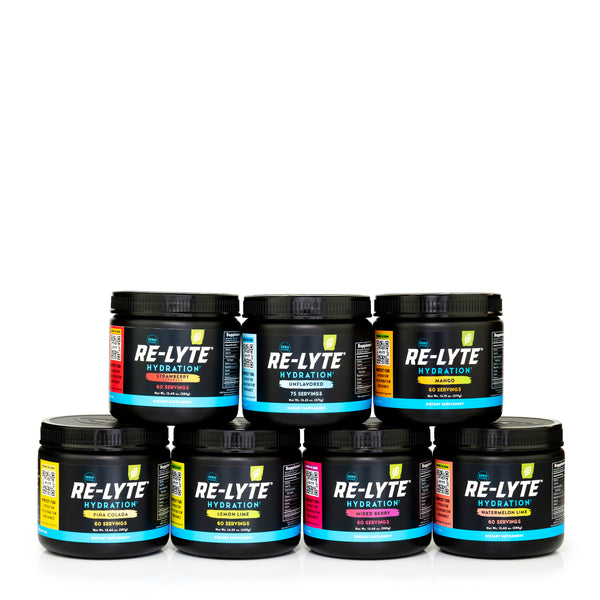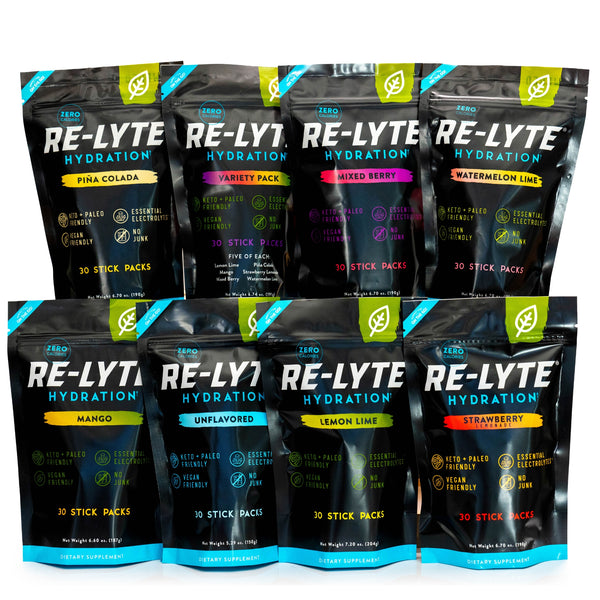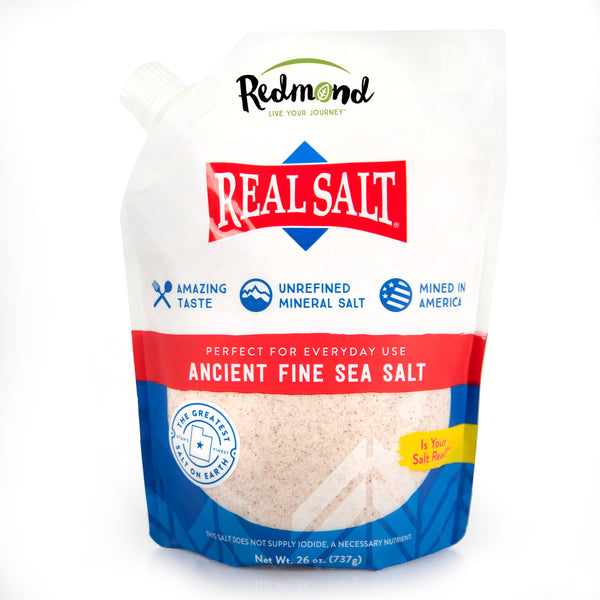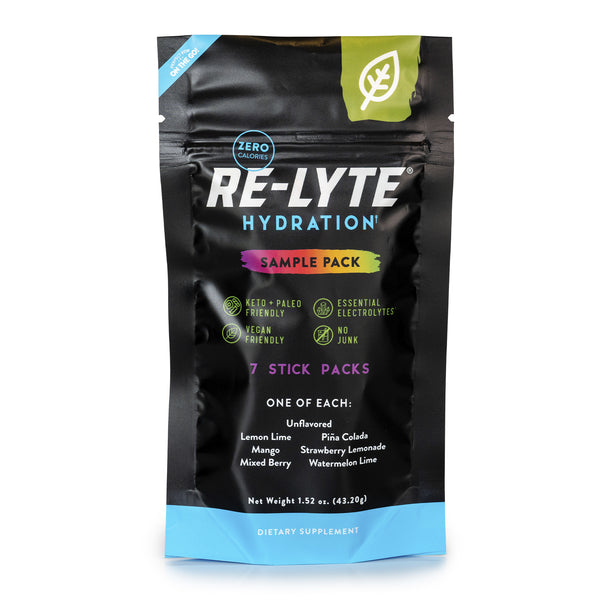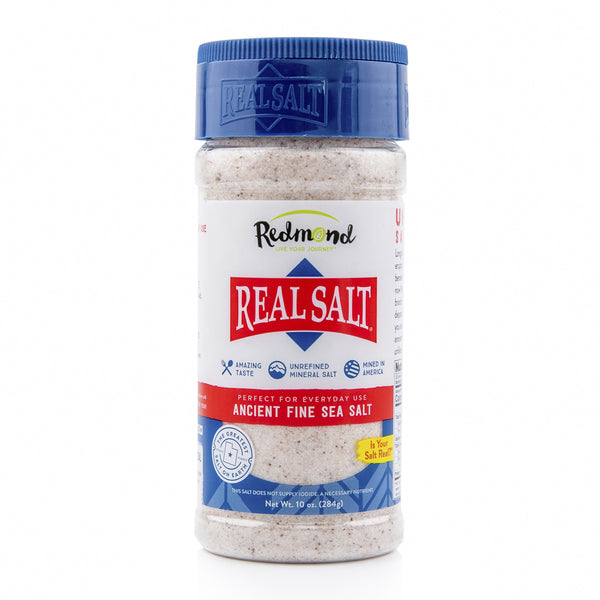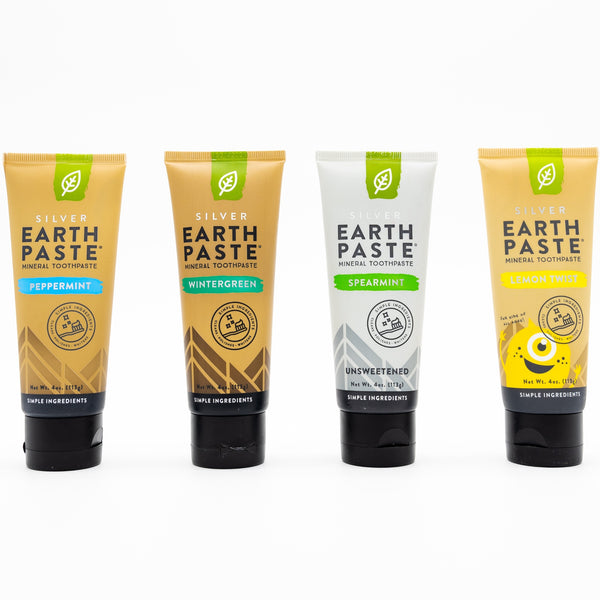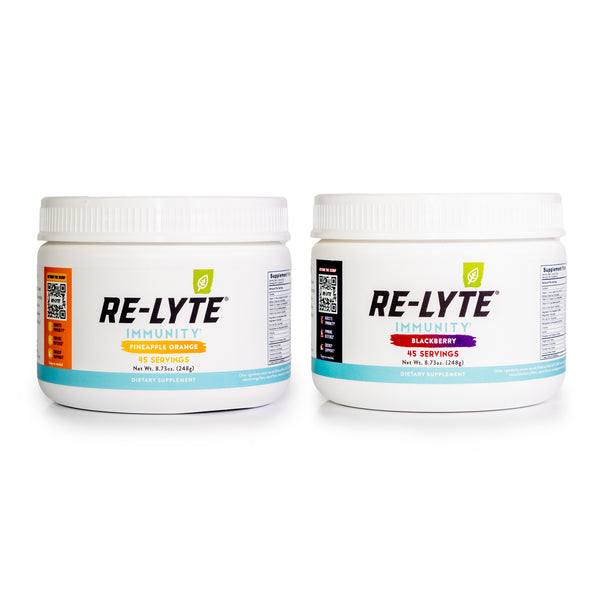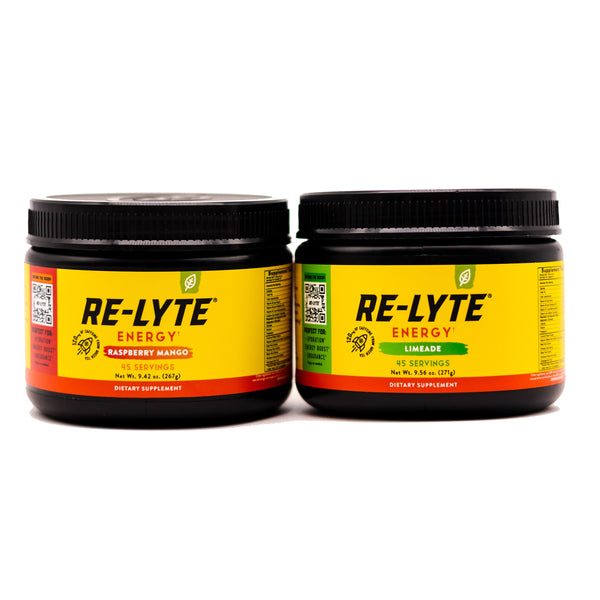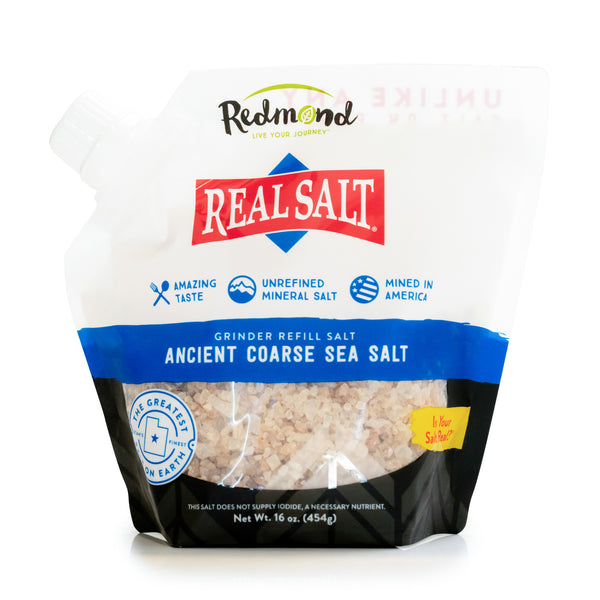5 Skin Benefits of Bentonite Clay
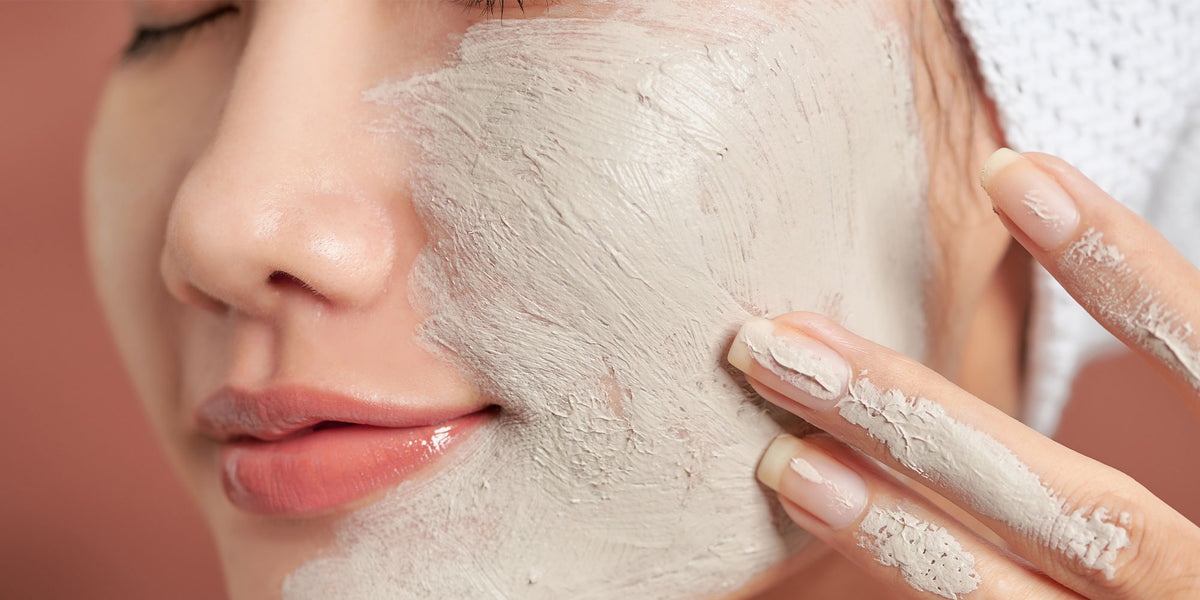
Article at a Glance:
- Bentonite clay is a natural, affordable skincare product that beautifies skin in multiple ways.
- Research shows that bentonite clay absorbs sebum, the oily substance that contributes to clogged pores and acne.
- Studies suggest bentonite clay can support your skin’s defenses.
- According to research, bentonite clay acts against bacteria as well.
- It can also ease itchy skin, according to studies.
- Bentonite clay has the texture of a fine powder, which means it can act as a gentle exfoliant.
In a world full of serums, toners, exfoliators, lotions, and lasers, taking care of your skin can feel confusing and complicated. But it doesn’t have to be.
Simple skincare works, as long as you choose products that do double-duty, triple-duty, or—dare I say—quintuple-duty for your skin. If you’re looking for that unicorn skincare product that’s simple, natural, and affordable but still beautifies your skin in multiple ways, bentonite clay may be the thing for you.
People have been applying clay to their skin for centuries. The ancient Egyptians did it. The Aztecs did it. And people still do it today. For a beauty practice to have that kind of staying power, there must be something to it, right? Scientific evidence and anecdotal evidence show there definitely is.
In fact, there’s plenty of evidence that bentonite clay can help your skin in at least five feel-good (and look-good) ways:
1. It sucks up sebum.
Sebum is an oily substance that your body produces to keep your skin and hair moisturized. But sometimes your body produces too much sebum, and that causes clogged pores and acne. Studies show, though, that bentonite clay can soak up sebum. That may be why so many people say bentonite clay masks are literal skin (and life) savers.
2. It helps your skin’s defenses.
It may sound far-fetched that a bit of clay can help your skin’s defenses. Isn’t that the immune system’s job? But studies show clay can interact with the immune system to encourage skin repair and regeneration. In fact, it’s even been shown to support people dealing with skin wounds and ulcers.
3. It battles bacterial bad guys.
Just like you have a microbiome (community of bacteria and other microorganisms) in your gut, you have a microbiome on your skin too. Unfortunately, when certain strains of skin bacteria get out of hand, they can cause acne. But bentonite clay has a proven ability to fight bacteria. That may explain why so many people rely on it to knock out breakouts.
4. It soothes that insatiable itch.
Irritated, itchy skin can have a lot of causes—poison ivy, allergic reactions, bug bites. But bentonite clay can support your skin no matter what the culprit. Studies show it can ease dermatitis (red, itchy, inflamed skin) caused by poison ivy, poison oak, eczema, allergic skin reactions, and diaper rash, among other things.

5. It exfoliates.
Exfoliating your skin has a lot of benefits. It gets rid of dead skin cells, brightens your complexion, and helps keep pores clean. But people are getting pretty aggressive with the exfoliators nowadays. Chemical peels and harsh at-home scrubs may work for some people. But they can also damage your skin. So, if you’d prefer something gentler, try bentonite clay. Bentonite clay has the texture of a fine powder, so it can provide less intrusive exfoliation that still has a bunch of benefits.
If you’re new to the world of bentonite clay skin and beauty treatments, you may be wondering how to use clay on your skin. The answer’s simple: Just add water. By hydrating your clay, you make a paste you can apply to your face or other areas of skin that need a little TLC. You can try our clay powder for affordable, effective skincare or our facial mud for pre-hydrated clay that’s less messy and more portable. Our facial mud also includes colloidal silver, which has even more amazing skin benefits you’ll love!
Sources:
- Sebaceous gland lipids— Dermatoendocrinology.
- Sustainable rates of sebum secretion in acne patients and matched normal control subjects— Journal of the American Academy of Dermatology.
- EEMCO guidance for the in vivo assessment of skin greasiness. The EEMCO Group— Skin Pharmacology and Applied Skin Physiology.
- Bentonite Clay as a Natural Remedy: A Brief Review— Iranian Journal of Public Health.
- Evaluation of the medicinal use of clay minerals as antibacterial agents— International Geology Review.
- The skin microbiome— Nature Reviews Microbiology.
- How to Safely Exfoliate at Home— American Academy of Dermatology Association.
What are the best ways to get rid of large pores?— Medical News Today.
Comments (12)

I have skin allergies. What are the methods of utilizing Redmond Clay? Can it be dissolved in a bath? I have rashes on my back, anterior chest, and I have thin skin on my forearms. I bruise easily on my forearms. It might be easy to smear the clay on y chest and forearms, but a bit difficult to do so on my back. Before I purchase this product, I would like to know how to use it.
———
Redmond Life replied:
Hi there! Yes, Redmond Clay can be used in a few ways for skin support. You can mix it with water into a paste and apply it directly to your skin, or dissolve a few tablespoons into a warm bath to soak areas that are harder to reach, like your back. If you have sensitive skin or medical concerns, we always recommend checking with your healthcare provider first.

Does this help with painful eczema with cracking bleeding skin?
———
Redmond Life replied:
Thanks for your question! Some people with eczema use Bentonite Clay to soothe irritation, but it can be drying, especially on cracked or bleeding skin. Try a patch test first and consider mixing it with something soothing like aloe. Check with your doctor if you’re unsure.

I have had the shingles for 6 months now, can this product give me any relief?
———
Redmond Life replied:
Hi Boyd, thanks for your question. We’re sorry to hear you’ve been dealing with shingles. While we can’t make medical claims, some people find bentonite clay helpful for calming irritated skin. It’s always a good idea to check with your healthcare provider to see if it’s right for you. We hope you find some relief soon.

I bought a jar of the Bentonite Clay and if I can use it internally how much would you recommend? And if you don’t think it’s safe to use it internally then how do I mix it and what’s the usage. What do I do? Thank You and God Bless
———
Redmond Life replied:
Hi Jerry, thanks for the question. At this time, Redmond Clay is only marketed for cosmetic uses. Historically, clay has been used both externally and internally, with anecdotal accounts spanning thousands of years across many cultures. However, our focus has shifted exclusively to the cosmetic uses of clay. If you’d like to learn more about the non-cosmetic uses of bentonite clay, there are a lot of great resources out there. One popular book is: The Clay Cure by Ran Knishinsky




